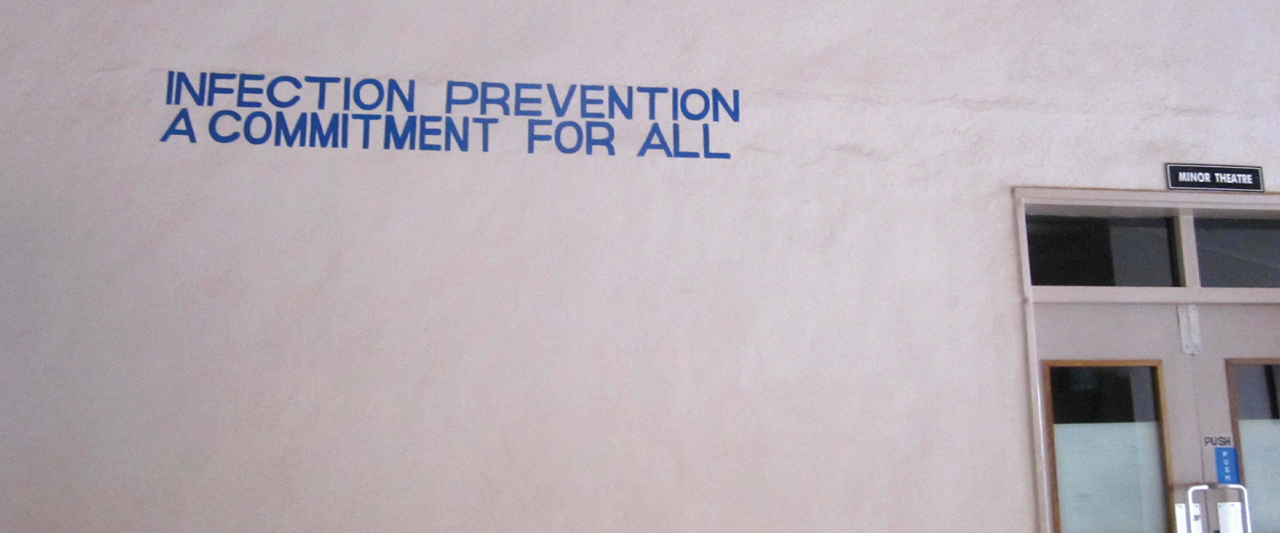Malawi has been hard hit by the COVID-19 pandemic, putting its health system under strain. The number of health-care workers is limited, and some staff have been reassigned to treating COVID-19 patients, leaving clinics that offer sexual and reproductive health (SRH) services understaffed. Travel restrictions are hindering women from accessing clinics, and in areas where clinics are not equipped to offer SRH services, restrictions have forced women to travel—sometimes up to 48kms—to access government district hospitals, which are COVID-19 hotspots.
In addition, says Ipas Malawi Country Director Pansi Katenga, the pandemic has struck mainly in urban areas, forcing the government to close markets. This leaves people—mainly women—without livelihoods, which may lead some women to turn to sex work. Katenga says there is a growing fear that young girls may be forced into early child marriages and that there will be an increase in gender-based violence. Youth-friendly centers have also been closed, leaving young people (particularly adolescent girls) without a way to access reproductive health services.
Faced with these challenges—which point toward a rise in unintended pregnancies and unsafe abortion—Katenga says Ipas Malawi is working “to change the way everything works. Instead of making women go to the hospital, we are strengthening community health centers, we are trying to make the hospital come to them. Our response to COVID-19 is really about putting women at the center.”
The Ipas team and partners have already started working to ensure women will be able to access comprehensive sexual and reproductive health services, including contraceptives, safe abortion and postabortion care.
Katenga says the team had already planned to help strengthen health systems before COVID-19 through manual vacuum aspirator (MVA) training workshops and supplying clinics with MVA kits and contraceptives. They are now fast-tracking the process and are also including personal protection equipment. Any woman who comes in for postabortion care will leave with a hygiene kit consisting of contraceptives, sanitary towels, gloves, hand sanitizer, soap and aprons, so that they are able to practice good hygiene during the pandemic.
In addition, Katenga says, “We are working with community-based organizations and community radio stations to share information on COVID-19 and how women can get legal support if they experience gender-based violence. Our response integrates all the needs of the woman so that she can continue to access reproductive health care during the pandemic.”
For more information, contact [email protected].


